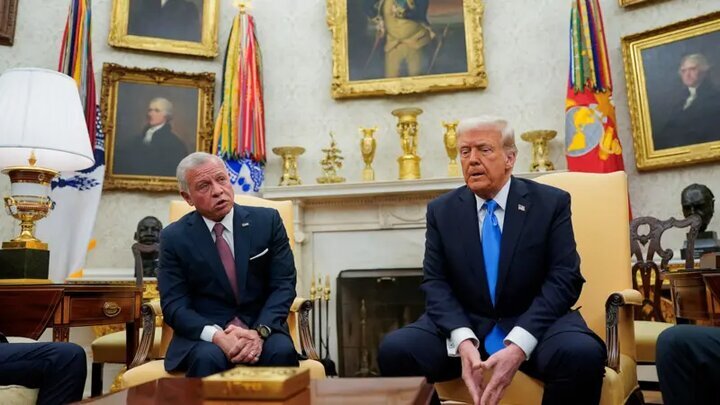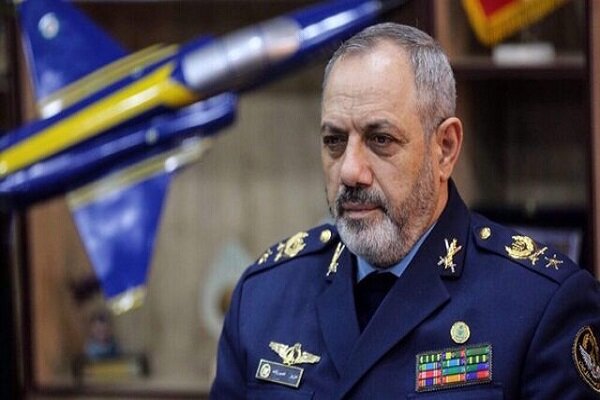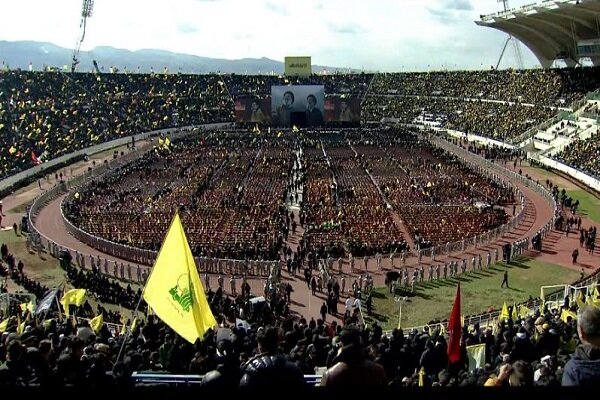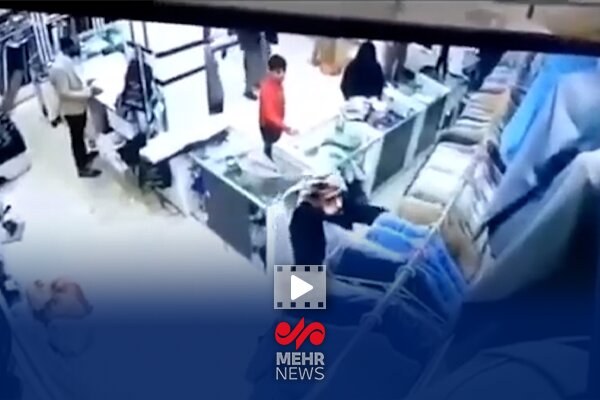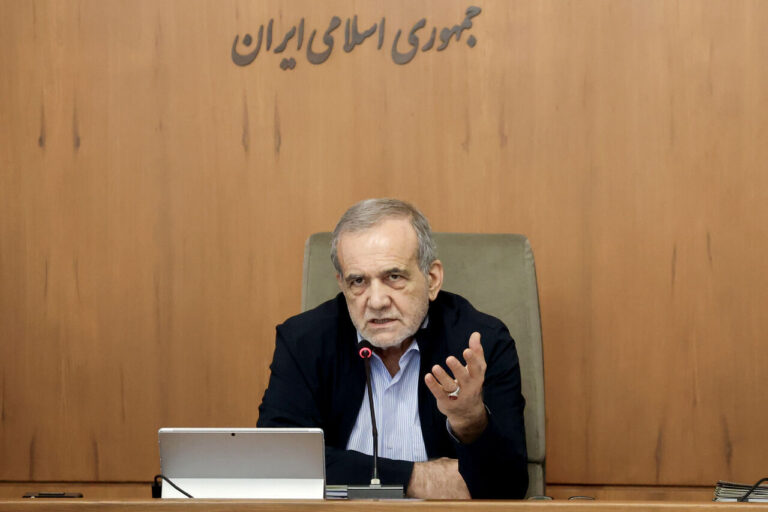VIDEO: Jordan’s King Navigates Diplomatic Challenges in Meeting with Trump
In recent news, King Abdullah II of Jordan is facing significant pressure from the United States regarding the ongoing humanitarian crisis in Gaza. As a close ally of the US, he is being urged to accept Palestinian refugees, but this move may not align with his domestic political landscape.
King Abdullah II has long been a critical partner for the United States in the Middle East, often relying on American aid to support his government. However, the current situation poses a complex challenge for the king, as he navigates the intricate balance between international obligations and internal political pressures.
The call from the US government for Jordan to accommodate a larger influx of Palestinians can be attributed to several factors:
- Humanitarian Needs: The ongoing conflict in Gaza has resulted in a dire humanitarian situation, with many civilians seeking refuge.
- Regional Stability: The US aims to ensure that regional stability is maintained, which could be threatened by an unchecked influx of refugees.
- Strategic Alliances: Jordan’s role as a mediator in the Israeli-Palestinian conflict makes it a strategic location for resettling displaced individuals.
However, King Abdullah II’s decision-making is heavily influenced by the sentiments of his citizens. The Jordanian population has historically been resistant to the idea of integrating more Palestinians, stemming from concerns about national identity and resource allocation. This resistance poses a significant hurdle for the king as he considers the US’s request.
Moreover, the king’s administration is already dealing with numerous challenges, including economic difficulties and rising unemployment rates. Allowing a substantial number of Palestinians to settle in Jordan could exacerbate these issues, leading to further discontent among the local populace.
In light of these challenges, King Abdullah II has expressed his concerns directly to US officials. He has emphasized that while Jordan stands in solidarity with the Palestinian people, the integration of large numbers of refugees into Jordanian society is not feasible at this time.
This situation is further complicated by the political dynamics within Jordan itself. The country is home to a significant Palestinian population, many of whom are descendants of refugees from the 1948 and 1967 conflicts. The addition of more Palestinians could lead to heightened tensions and a potential backlash against the king’s rule.
Some key points regarding the current situation include:
- Public Sentiment: Many Jordanians are opposed to the resettlement of more Palestinians, fearing it could dilute their national identity.
- Economic Constraints: Jordan is already facing economic challenges, including high unemployment and a lack of resources.
- Political Stability: King Abdullah II must maintain a delicate balance to ensure his government remains stable amidst growing pressures.
Despite the challenges, Jordan continues to provide humanitarian assistance to those affected by the Gaza conflict. The king has called for increased international support to help alleviate the suffering of Palestinians without compromising Jordan’s stability.
As the dialogue between Jordan and the US continues, it remains to be seen how King Abdullah II will respond to the pressure. The king’s ability to manage these complex dynamics will be crucial in determining Jordan’s future role in the region and its relationship with the United States.
In conclusion, King Abdullah II’s situation exemplifies the difficult position many leaders find themselves in when balancing international expectations with domestic realities. The outcome of this situation will have significant implications not only for Jordan but also for the broader Middle Eastern geopolitical landscape.
